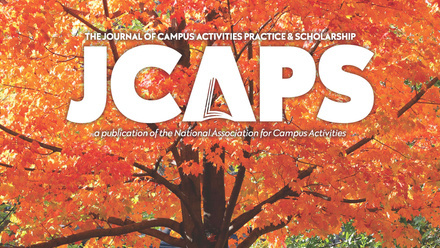Rolling Dice and Learning - Using Role-Playing Games as Pedagogy Tools - JCAPS Vol. 3 Issue 2
Playing satisfies basic human needs such as deepening social relationships (Melton et al., 2019) and experiencing an ideal self’s characteristics (Przybylski et al., 2012). In addition, games foster student engagement through the use of intrinsic motivation, critical thinking skills, and the use of creative problem solving (Boghian et al., 2019; Quaye & Haper, 2015; Marinho et al., 2019; Thangmak, 2019). Thus, it is no surprise that there has been a recent increase in the exploration of gamification as a pedagogical tool (Furdu et al., 2017; Hanus & Fox, 2015; Koivisto & Hamari, 2014; Sanchez et al., 2019). This article explores role-playing games as pedagogical tools for educating student trainings, such as an R.A. conflict management workshop, a hazing prevention seminar, a teaching assistant orientation, a bystander intervention program to combat sexual assault, etc. Furthermore, it will reimagine the traditional approach to role-play activities in educational settings and suggest slight modifications to create more realistic and educative experiences.




